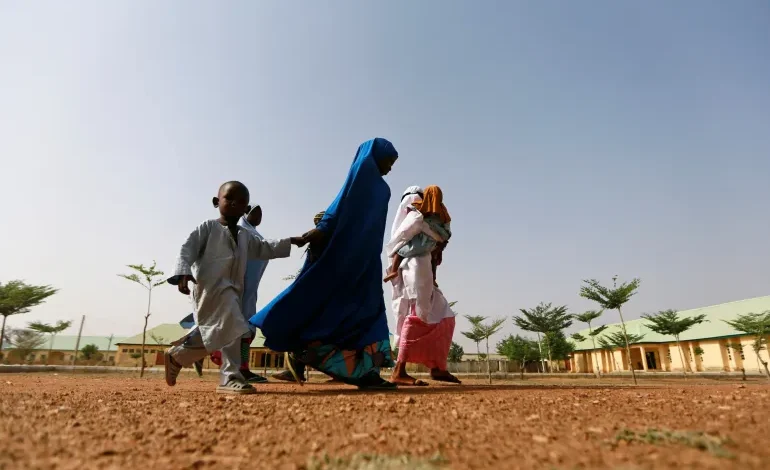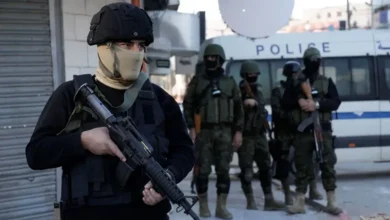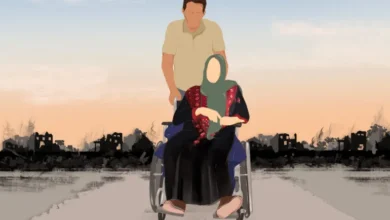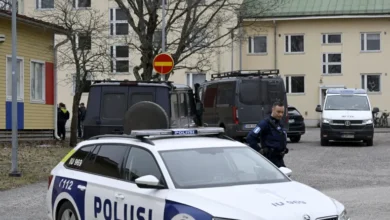Why mass kidnappings still plague Nigeria a decade after Chibok abductions

In the decade since the armed group Boko Haram kidnapped nearly 300 students at an all-girls school in the town of Chibok, abductions have become a recurrent fixture in Nigeria, especially in the restive northern regions.
Just last month, on March 7, a criminal gang kidnapped 287 pupils at the government secondary school in Kuriga, a town in Kaduna state. Two days later, another armed group broke into the dorm of a boarding school in Gidan Bakuso, Sokoto state, kidnapping 17 students.
A booming industry
Last year, charity Save The Children reported that more than 1,680 students have been abducted in Nigeria since 2014. This has significantly contributed to deteriorating absentee statistics, with one in three Nigerian children not in school according to UNICEF.
But students are not the only ones bearing the burden of the crisis as travellers, businesspeople, priests, and those perceived as being well-off are also often targets. Kidnappings have become a sub-economy of sorts, as abductors rake in millions of naira in ransom payments. Social media is also littered with public requests from people soliciting funds to buy the freedom of their abducted relatives and friends.
Since 2019, there have been 735 mass abductions in Nigeria, according to socio-political risk consultancy firm, SBM Intelligence. It said between July 2022 and June 2023, 3,620 people were abducted in 582 kidnapping cases with about 5 billion naira ($3,878,390) paid in ransoms.
This year alone SBM Intelligence said there have already been 68 mass abductions.
The abductions are not confined to the north, where banditry and armed religious groups are prevalent, but have also been seen in the south and the southeast. Even Abuja, Nigeria’s capital territory, has not been spared, and in Emure Ekiti in the relatively peaceful southwest region, five students, three teachers and a driver were kidnapped on January 29.










